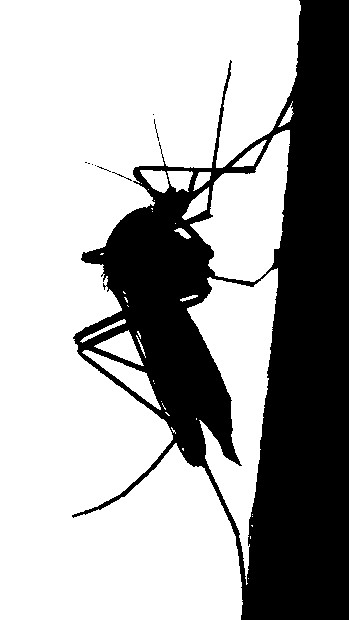Locals seek new anti-viral
 Queensland researchers are working to cut the global death rate from dengue, Zika and other mosquito-borne viruses.
Queensland researchers are working to cut the global death rate from dengue, Zika and other mosquito-borne viruses.
A team at the University of Queensland have identified an antibody that improves survival rates in laboratory trials and reduces the presence of virus in the blood.
“We made a discovery in 2015 in the wake of the Zika outbreak that identified a new target for flavivirus treatments, a viral protein called NS1,” says Associate Professor Daniel Watterson from UQ’s School of Chemistry and Molecular Biosciences.
“Now we’ve shown for the first time that a single NS1 antibody can be protective against multiple flaviviruses including dengue, Zika and West Nile.
“No other antibody reported has shown such a broad range of protection.
“The improved protection we saw compared to existing treatments was really unexpected.”
An estimated 390 million people are infected with dengue globally each year, particularly in tropical and sub-tropical areas.
Of those cases, about half a million people develop a more severe form of the disease, which can be fatal.
Dr Watterson said the discovery is important, as the development of a vaccine for viruses like dengue is an unmet global challenge.
“Creating vaccines and therapies has been greatly hindered because antibodies that target the main viral envelope protein can also enhance disease,” he said.
“This phenomenon is called antibody dependent enhancement (ADE), and contributed to the complications arising from large-scale roll-out of the first licensed dengue vaccine.
“But because NS1 antibodies don’t drive ADE, our findings provide the blueprint for new and safe broad-spectrum vaccines against multiple flaviviruses, including dengue.”
Lead author UQ’s Dr Naphak Modhiran said the antibody could also provide the first line of defence in future viral outbreaks across the world.
“The antibody binds to a wide range of flaviviruses including Usuto virus in Europe, and Rocio and Ilheus viruses in South America,” Dr Modhiran said.
“These viruses have already caused local outbreaks in the past and have the potential to be the next Zika.”
More information is available here.








 Print
Print